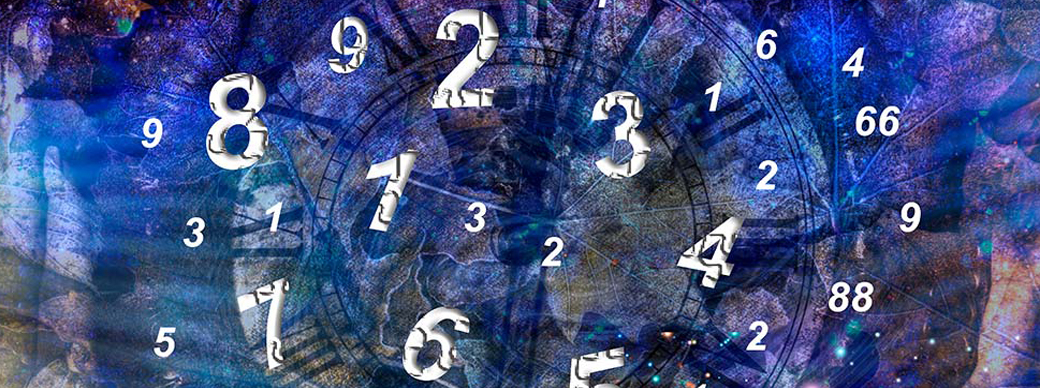Numerology

Numerology is any belief in the divine or mystical relationship between a number and one or more coinciding events. It is also the study of the numerical value of the letters in words, names, and ideas. It is often associated with the paranormal, alongside astrology and similar divinatory arts. Despite the long history of numerological ideas, the word "numerology" is not recorded in English before c. 1907. The term numerologist can be used for those who place faith in numerical patterns and draw pseudo-scientific inferences from them, even if those people do not practice traditional numerology. For example, in his 1997 book Numerology: Or What Pythagoras Wrought, mathematician Underwood Dudley uses the term to discuss practitioners of the Elliott wave principle of stock market analysis. Pythagoras and other philosophers of the time believed that because mathematical concepts were more "practical" (easier to regulate and classify) than physical ones, they had greater actuality. St. Augustine of Hippo (AD 354–430), wrote: "Numbers are the Universal language offered by the deity to humans as confirmation of the truth."[dubious – discuss] Similar to Pythagoras, he too believed that everything had numerical relationships and it was up to the mind to seek and investigate the secrets of these relationships or have them revealed by divine grace. See Numerology and the Church Fathers for early Christian beliefs on the subject. In 325 AD, following the First Council of Nicaea, departures from the beliefs of the state church were classified as civil violations within the Roman Empire. Numerology had not found favor with the Christian authority of the day and was assigned to the field of unapproved beliefs along with astrology and other forms of divination and "magic".[citation needed] Despite this religious purging, the spiritual significance assigned to the heretofore "sacred" numbers had not disappeared; several numbers, such as the "Jesus number" have been commented and analyzed by Dorotheus of Gaza and numerology still is used at least in conservative Greek Orthodox circles. However, despite the church's resistance to numerology, there have been arguments made for the presence of numerology in the Bible and religious architecture. For example, the numbers 3 and 7 hold strong spiritual meaning in the Bible. The most obvious example would be the creation of the world in 7 days. Jesus asked God 3 times if he could avoid crucifixion and was crucified at 3 in the afternoon. 7 is the length of famine and other God-imposed events and is sometimes followed by the number 8 as a symbol of change. Some alchemical theories were closely related to numerology. For example, Persian-Arab alchemist Jabir ibn Hayyan framed his experiments in an elaborate numerology based on the names of substances in the Arabic language. Numerology is prominent in Sir Thomas Browne's 1658 literary Discourse The Garden of Cyrus. Throughout its pages, the author attempts to demonstrate that the number five and the related Quincunx pattern can be found throughout the arts, in design, and in nature – particularly botany. Modern numerology has various antecedents. Ruth A. Drayer's book, Numerology, The Power in Numbers says that around the start of the 20th century Mrs. L. Dow Balliett combined Pythagoras' work with Biblical reference.[9] Balliett's student, Juno Jordan, helped numerology become the system known today as Pythagorean, although Pythagoras himself had nothing to do with the system, by publishing "The Romance in Your Name" in 1965, provided a system for identifying what he called key numerological influences in names and birth dates that remains used today. Other 'numerologists' including Florence Campbell (1931), Lynn Buess (1978), Mark Gruner (1979), Faith Javane and Dusty Bunker (1979), Kathleen Roquemore (1985) expanded on the use of numerology for assessing personality or events. These different schools of numerology give various methods for using numerology.